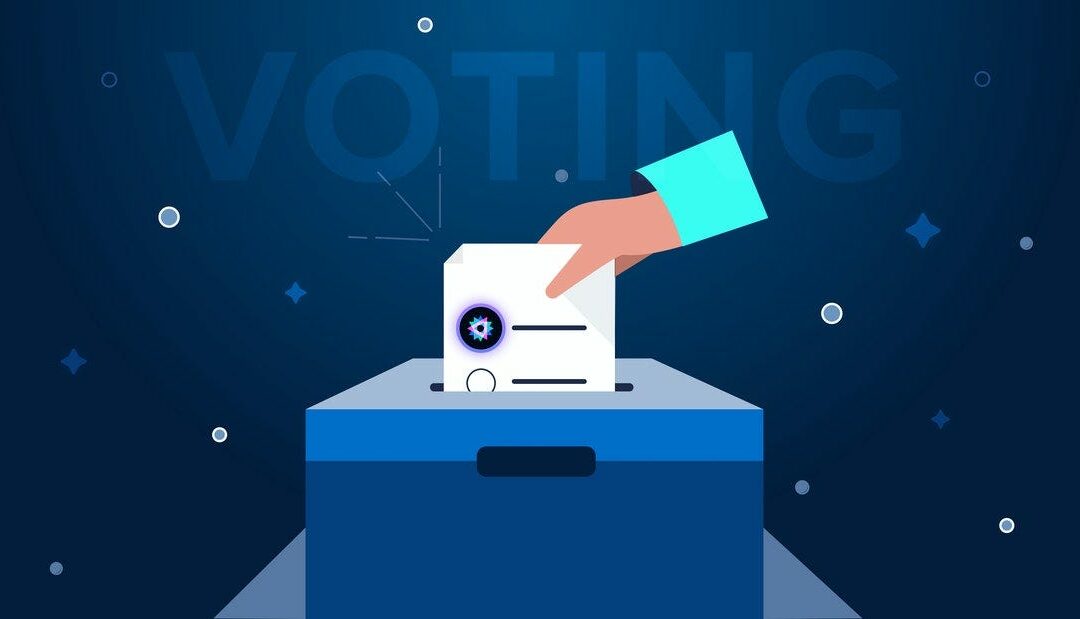Decentralized Autonomous Organizations (DAOs) are transforming how communities and projects make collective decisions. At the heart of every DAO is voting power distribution, which determines how much influence each participant has when shaping the future of the organization. But with power comes responsibility—so how do DAOs ensure fairness in this process?
The Challenge of Fair Voting
Traditional voting systems often face problems like centralization, where a small group of wealthy participants controls most decisions. In DAOs, this risk exists too—especially when voting power is tied to token ownership. If unchecked, it could undermine the decentralized nature of the organization.
Common Mechanisms to Ensure Fairness
Quadratic Voting
Instead of “one token, one vote,” quadratic voting makes additional votes more costly. This prevents whales from dominating outcomes and gives smaller holders a meaningful voice.
Reputation-Based Voting
Some DAOs assign voting power based on reputation rather than token balance. Reputation can be earned through contributions, activity, or governance participation—ensuring that active community members hold real influence.
Delegated Voting (Liquid Democracy)
Token holders can delegate their votes to trusted representatives. This system balances participation for members who can’t always be active while ensuring decisions are still community-driven.
Time-Weighted Voting
Long-term holders are rewarded with more influence compared to short-term speculators. This helps align decision-making with the DAO’s long-term vision.
Hybrid Models
Many DAOs experiment with combinations—mixing token-based voting with reputation scores or quadratic models—to fine-tune fairness and prevent manipulation.
Why Fair Distribution Matters
Without fair voting power, a DAO risks turning into the very centralized system it set out to replace. By designing mechanisms that balance voices across the community, DAOs protect their core values of transparency, inclusivity, and decentralization.
Final Thoughts
The methods may differ, but the goal is the same: to create a governance system where everyone has a chance to contribute. Fair voting power distribution is what makes DAOs resilient, adaptive, and truly community-led.

